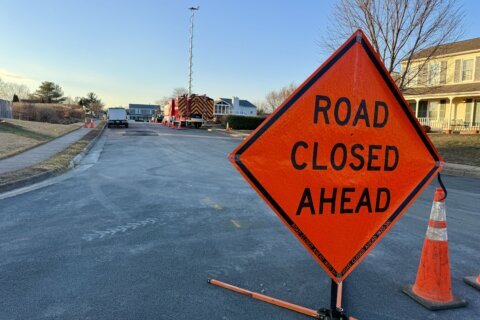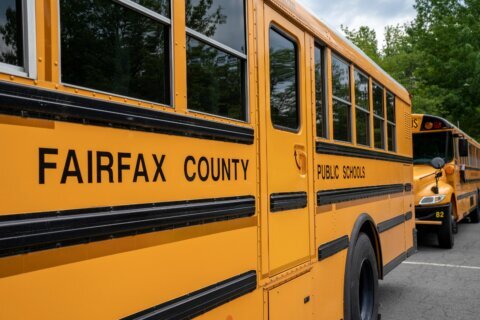Fairfax County, Virginia, is expanding a program that helps police safely respond to mental health emergencies.
The program is called the “Co-Responder Program,” and pairs up a behavioral health expert with a police officer who is trained in crisis intervention techniques.
“They ride around the same patrol cruiser together,” said Fairfax County police Lt. Joanna Culkin. “They can self-dispatch proactively if they hear that there’s a behavioral health component, or they can be dispatched … to any calls for service where they’re needed.”
Under the program, the county currently has three such teams.
That is being expanded, however, with a fourth team being added in September or October.
The program is meant to help people who are experiencing emotional distress potentially related to mental illness, substance use or developmental disabilities.
It is comprised of team members who have advanced training and experience working with community members in crisis.
“Some of our initial goals were to increase timely on-scene assessments and de-escalation of behavioral health calls,” Culkin said. “We’ve definitely seen success.”
Since the program was first launched in 2021, teams with the co-responder program have responded about 1,300 times.
“Sometimes, just having the clinician show up paired with their law enforcement counterpart puts people at ease and lets them know that, really, behavioral health is the main focus of our response,” Culkin said.
The county says more than 50% of the calls were resolved in the field with no further action needed, and about 30% of responses have resulted in a diversion from potential arrest or hospitalization.
According to the county, 26% of responses resulted in a referral to a higher level of care, and 17% resulted in an emergency custody order or a temporary detention order.
“We are constantly having meetings about data and call volume,” said Laura Maddock, a director with the Fairfax-Falls Church Community Services Board, which helps implement the program. “We’re consistently looking at that to make sure that we have the best coverage that we can in the community.”








